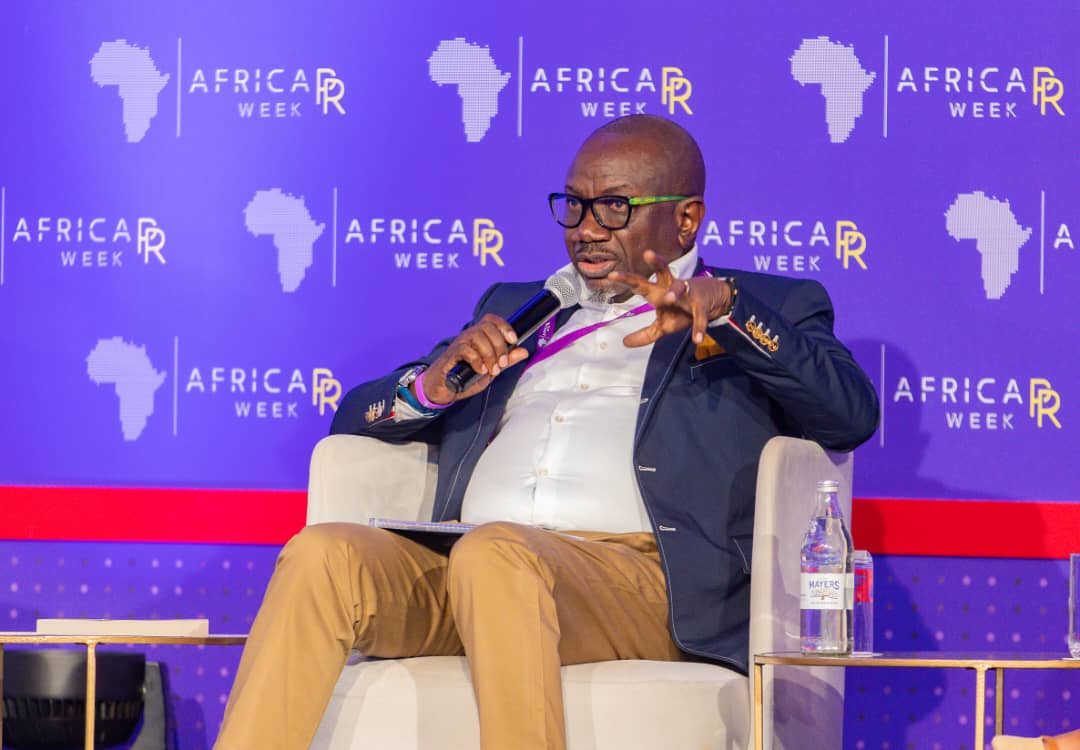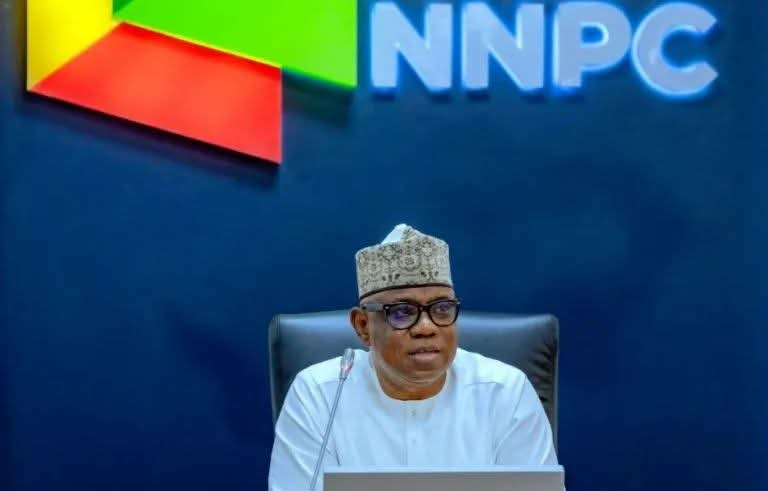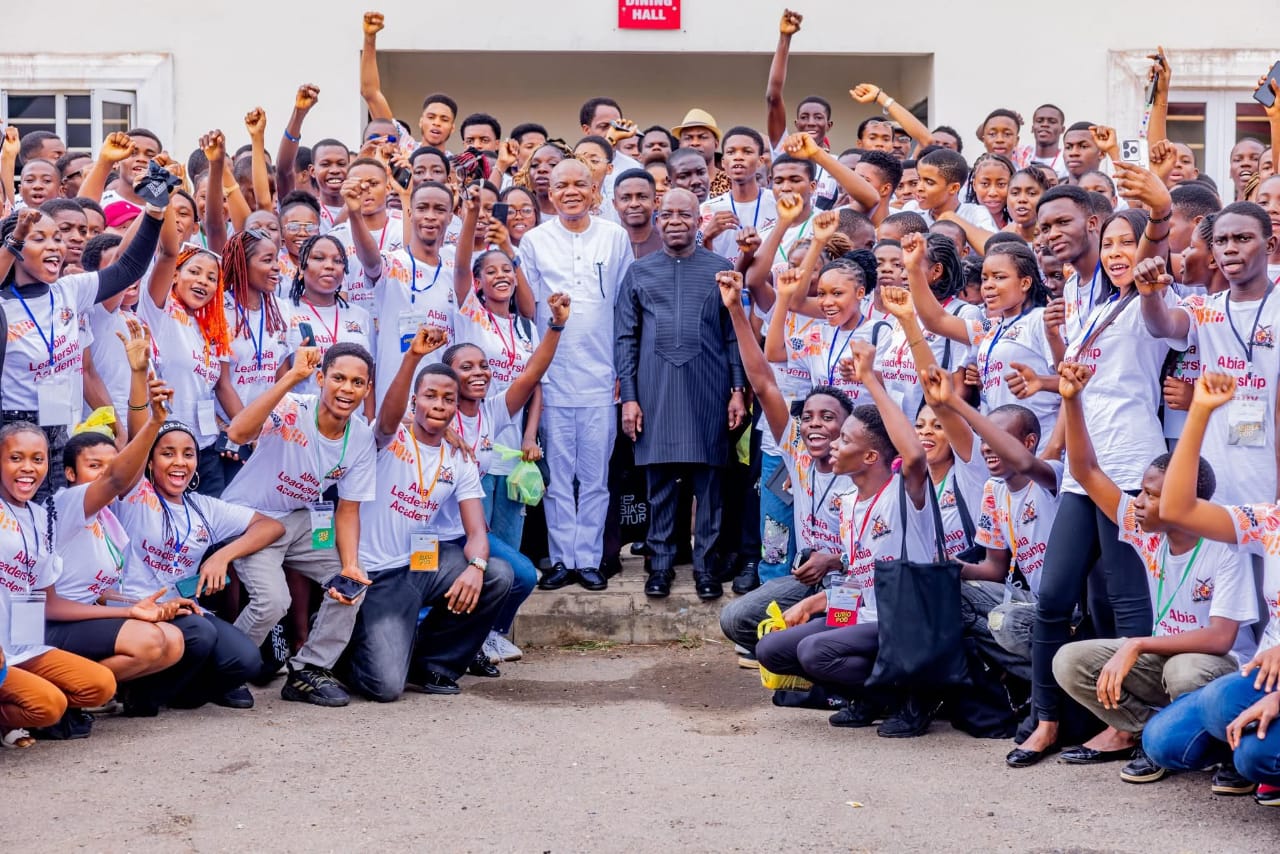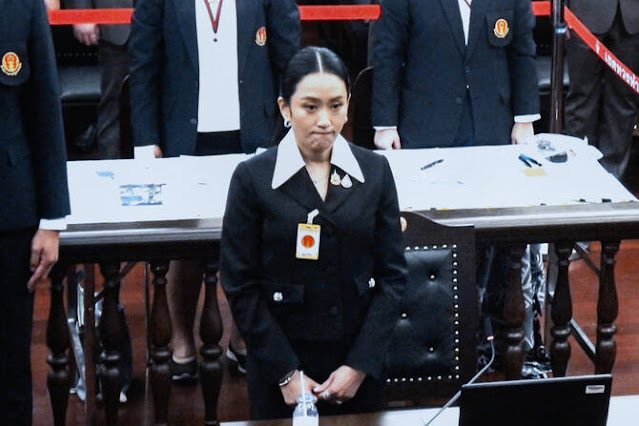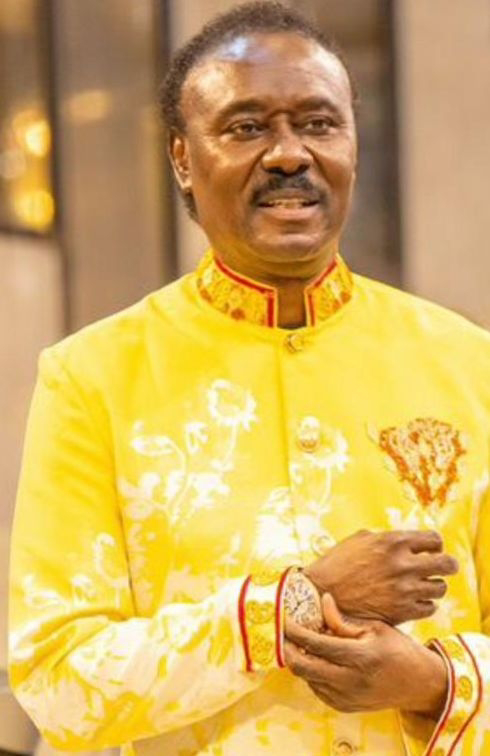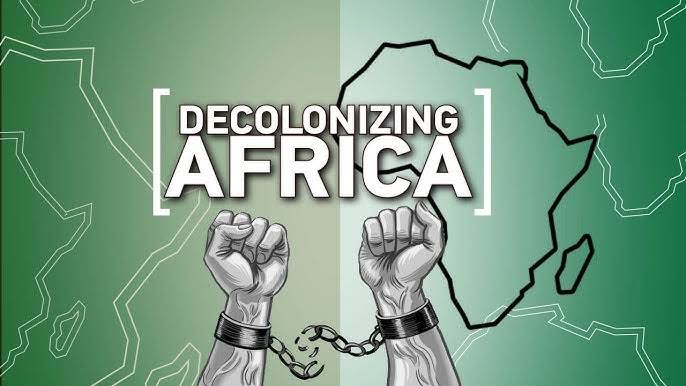
The current education system in Africa often prioritizes rote memorization over practical application. Students spend years studying complex subjects they either struggle to apply, or do not find their relevance in real-life situations. This raises questions about the relevance of certain topics in the curriculum. Education system in Africa is programmed to veil the minds and suit corrupt political settings for the interest of Western nations.
As we look to the future, it is essential that education prioritizes skills and knowledge that will truly benefit students. This should include subjects like coding, mining, hard drugs, histories of African heroes, sustainable development and entrepreneurship. By focusing on relevant and applicable learning, we can better equip students for the challenges they will face.
Studying Amoeba’s shapeless form, numbers of cockroach’s legs, millipede’s diagram, Mungo Park’s false claims or religious fictional stories may have some theoretical learning, but their practical application in everyday life holds no value. Skills-based learning with critical and creative thinking remains the global infallible ruling force. African style of education should focus on more relevant and applicable subjects with edifying historical knowledge that surrounds the struggles of African heroes home and abroad.
The absence of African heroes in our curriculum is a void that needs to be filled. By excluding the stories of African leaders, activists, and innovators, we deprive students of role models and inspiration. Figures like: Marcus Garvey, who fostered black pride and unity through self-sufficiency; King Shaka Zulu, who unified the Zulu Kingdom; Queen Njinga, who resisted colonialism in Angola; Anthony Enahoro, the true hero of Nigeria independence; Thomas Sankara, who led Burkina Faso’s revolution; Funmilayo Ransome-Kuti, who fought for women’s rights in Nigeria, without forgeting to chronicle the resistance, courage, wisdom and the selfless pro people’s struggles of Ibrahim Traore of Burkina Faso against Western negative influence and criminal operations in Africa.
Including the stories of these heroes among others in our curriculum would yield numerous benefits. Students would gain a deeper understanding of African history, culture, and identity. They would learn about resilience, leadership, patriotism, and the struggles of African people. These stories would inspire and motivate students to become active participants in shaping their own futures.
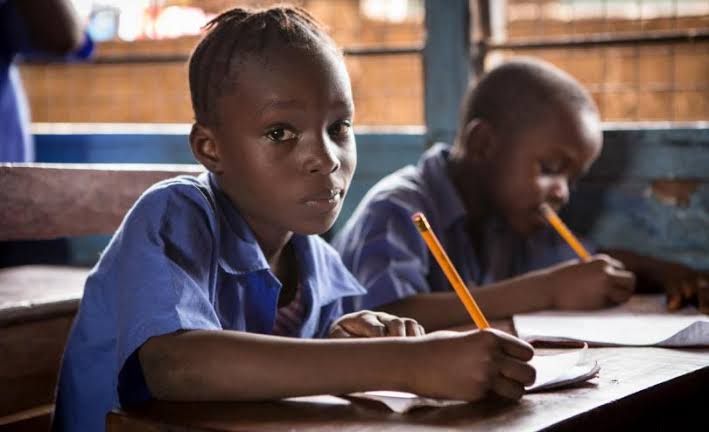
We need education that will generate problem solvers and not complainers; individuals who think of what to do for their government and not those who wait for their government to carry their cross; people with moral values and not corrupt individuals; a generation who reassess and engages what they hear or read with critical thinking and not the ones who swallow every ideology tossed at them. And above all, generations who will know how to think within and outside the box, and not those who are locked within a circle of thought.
It is time to reassess what is being taught in African schools. By streamlining the curriculum to focus on more practical and relevant subjects, we can create a more effective and engaging education system. One that truly prepares students for the future.
Note: The wealth of a nation is not directly proportional to the amount of mineral resources in their land. Rather, It is the amount of quality information available in the minds of their public that equals their wealth and their might in all spheres.
– Ambassador Ezewele Cyril Abionanojie is the author of the book ‘The Enemy Called Corruption’ an award winner of Best Columnist of the year 2020, Giant in Security Support, Statesmanship Integrity & Productivity Award Among others. He is the President of Peace Ambassador Global.


